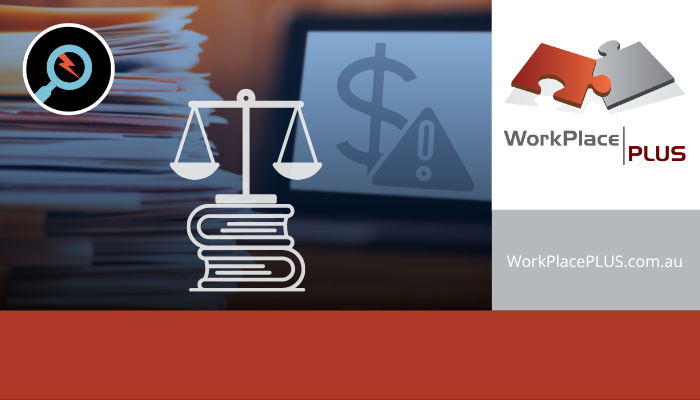How to spot bullying in your workplace
- WorkPlacePLUS
- Nov 12, 2021
- 2 min read
Updated: Sep 8, 2025

Do you know how to spot bullying in your workplace?
Workplace bullying is defined as persistent and repeated negative behaviour directed towards another person or persons in the workplace, that creates a risk to health and safety.
Signs of bullying in the workplace:
Repeated teasing or hurtful remarks.
Sexual harassment such as unwelcome touching, sexually explicit comments and unwelcome sexual requests.
Intimidation or psychological harassment such as mind games, gaslighting or ganging up on someone.
Excluding someone from participating in work activities, or deliberately changing that person’s work schedule to make it difficult for them.
Giving someone impossible jobs that can't be reasonable fulfilled, deliberately holding back information they need for getting their work done, or giving them pointless tasks that have nothing to do with their job.
Pushing, shoving, tripping or grabbing someone in the workplace.
Attacking or threatening a person or people with any object that can be used as a weapon.
Initiation or hazing, where a person is made to do something humiliating or inappropriate in order to be accepted as part of the team.
Not Bullying:
Differences of opinion.
Reasonable allocation of work.
Reasonable restructuring of teams or timetables.
Reasonable management action to direct and control the way work is carried out.
Performance management and giving feedback.
Reasonable disciplinary action carried out in a reasonable manner.
A single incident of unreasonable behaviour is not considered to be bullying, but should not be ignored as it may have the potential to escalate.
A supervisor managing poor performance, take disciplinary action, and direct and control the way work is carried out. Reasonable management action that’s carried out in a reasonable way is not bullying.
Regular training programs play an important role in educating your staff on respect, responsibility and appropriate workplace conduct.
Don’t assume that your managers and teams are aware of the most current policies, procedures and support resources in your workplace. Employees need to be able to discuss different types of behaviours in a safe, educational setting, and they also need understand their options for voicing a concern or lodging a complaint.
For more information, please contact us today.





